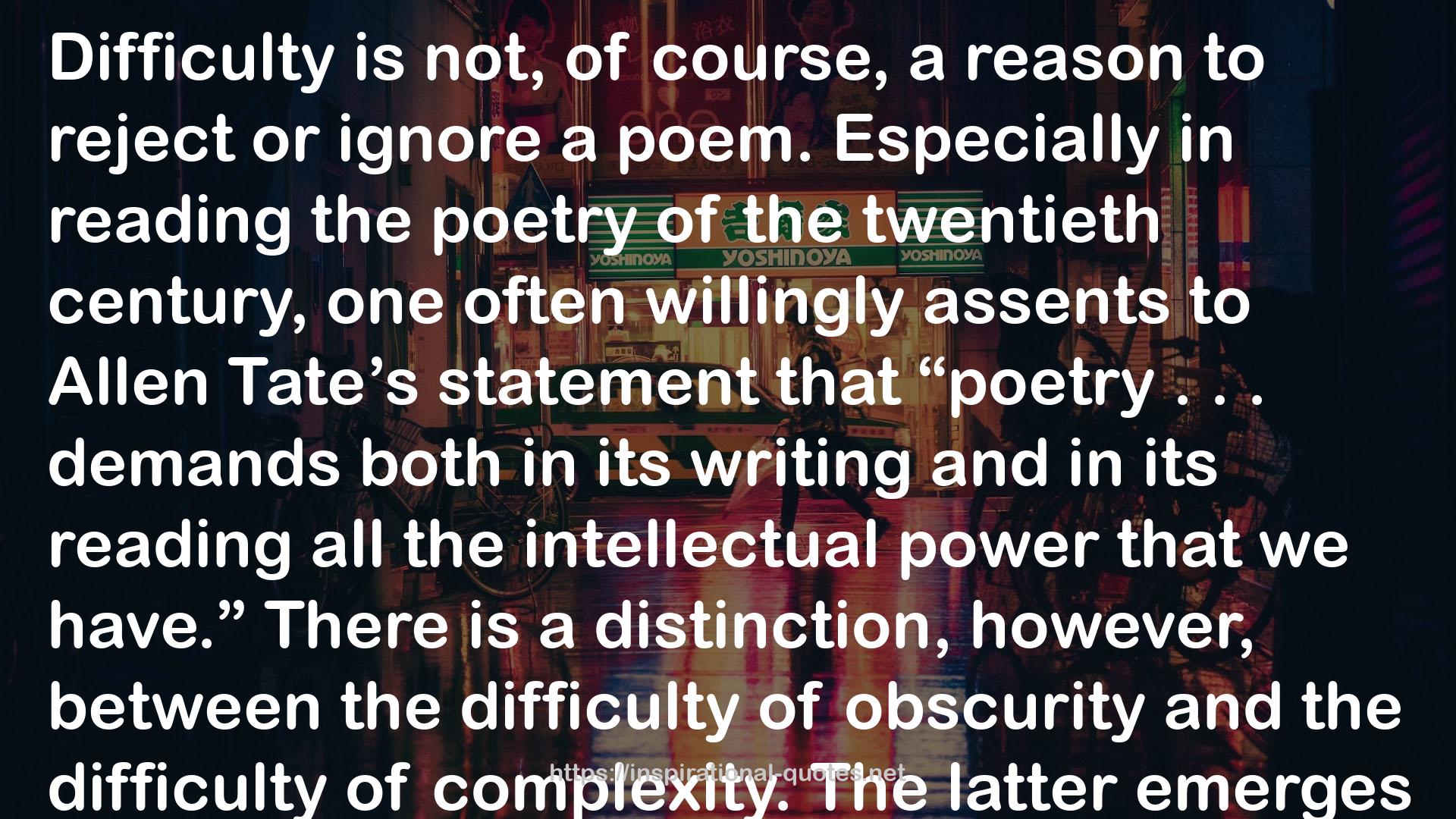The Modern Element: Essays on Contemporary Poetry QUOTES
SOME WORKS
- English Literature in the Sixteenth Century: Excluding Drama (Oxford History of English Literature Series)
- Here Lies: The Collected Stories of Dorothy Parker
- Manhood for Amateurs
- A no doubt mad idea
- The House of the Seven Gables
- The Chief Seattle's Speech (1854)
- Selected Poems
- From Darwin to Hitler: Evolutionary Ethics, Eugenics, and Racism in Germany
- আর কতদিন
- Guns, Germs, and Steel: The Fates of Human Societies

